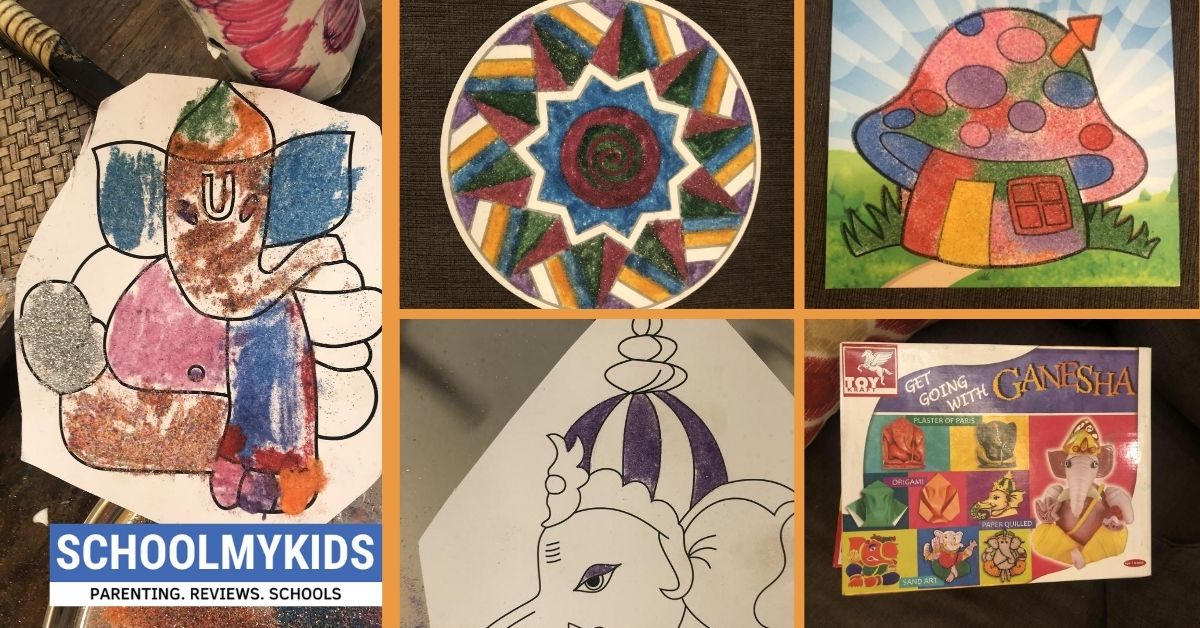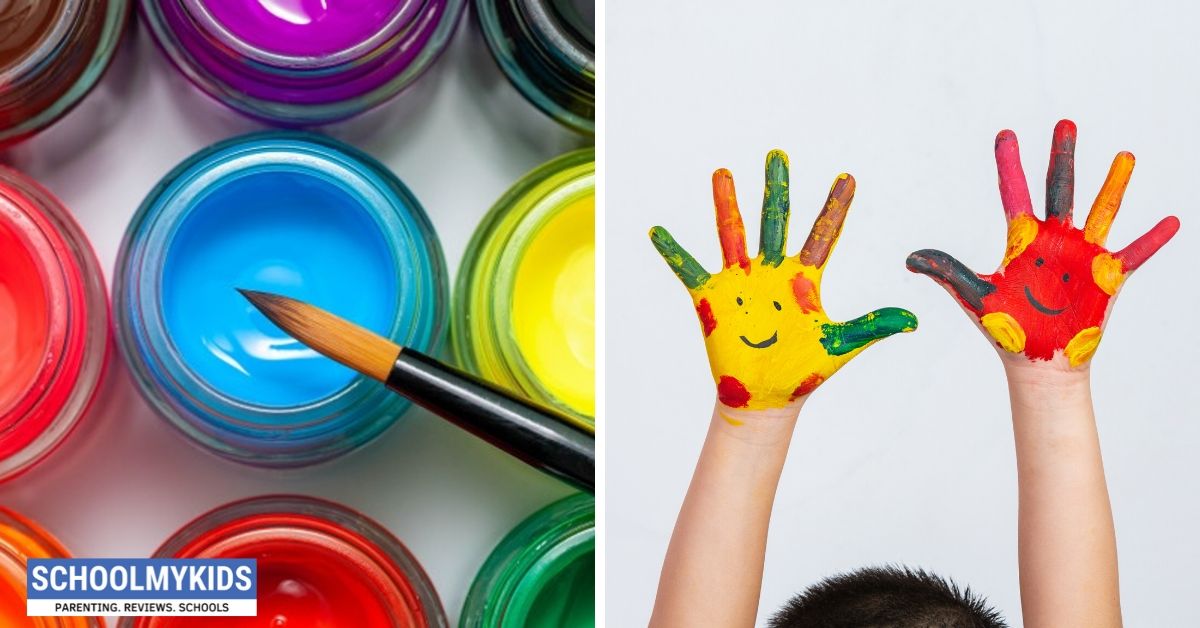The world is in constant flux. The job market we prepare our children for today might not even exist by the time they graduate. So, while a solid academic foundation is crucial, there’s a growing need for a more well-rounded curriculum that equips children with the life skills to navigate this ever-evolving landscape.
Schools, by their very nature, often focus heavily on testing and grades. It’s a system that excels at churning out academicians but not necessarily well-adjusted, future-ready individuals. This isn’t a criticism of schools themselves, but rather an acknowledgment that the world of work, of life itself, demands a broader skill set than what a report card reflects.
Imagine a child stepping out of the familiar school environment, armed with excellent grades but struggling to manage their finances, cope with stress, or build healthy relationships. This isn’t an uncommon scenario. As parents and educators, we can do better by nurturing our children’s emotional and psychological well-being alongside their academic pursuits.
Beyond the Report Card: Essential Life Skills
Here are some key life skills that might not be explicitly taught in school but are essential for thriving in the real world:
- Coping with Failure: School often portrays failure as a terminal point, a red mark on a perfect record. But in the real world, failure is an inevitable part of the learning process. Helping children develop resilience and how to bounce back from failure and learn from their mistakes is crucial.
- Managing Emotions: The constant pressure to perform well can lead to anxiety, overwhelm, and feelings of inadequacy. Equipping children with emotional intelligence tools like self-awareness, stress management techniques, and healthy coping mechanisms is vital for their mental well-being.
- Defining Success: Our children are bombarded with messages about success—getting top grades, winning competitions, and landing a prestigious job. But what if success means something entirely different to them? Encouraging them to explore their own values and aspirations allows them to navigate the world with a sense of purpose that transcends grades.
- Building Healthy Relationships: The ability to communicate effectively, empathize with others, and build strong relationships is key to personal and professional success. Giving children opportunities to collaborate on projects, practice active listening, and healthily navigate conflict resolution prepares them for the complex social landscape they’ll encounter.
What Can We Do?
The good news is that these skills can be nurtured within the family and community. Here are some ways to get started:
- Open Communication: Create a safe space for your children to express their anxieties, frustrations, and dreams. Listen actively and validate their feelings.
- Learning from Everyday Experiences: Use everyday situations – managing an allowance, dealing with a fight with a friend, failing a test – as teaching moments. Talk through practical solutions, coping mechanisms, and the importance of self-compassion.
- Exposure to Diverse Experiences: Encourage your children to participate in activities outside of academics – sports, arts, volunteering. These experiences foster teamwork, problem-solving, and a sense of self-discovery.
- Take Failure as a Learning Opportunity: Don’t focus on the negative when your child experiences a setback. Talk about what went wrong, what they learned, and how they can try again with a different approach.
Conclusion
Remember, the world your child will inherit will vastly differ from the one we grew up in. While academics will always be important, fostering these essential life skills will empower them to navigate uncertainties, build fulfilling relationships, and thrive in a world beyond the confines of grades and report cards. We can’t create a one-size-fits-all approach, but by focusing on holistic development, we can equip them with the tools they need not just to survive but truly flourish in the ever-evolving world around them.







